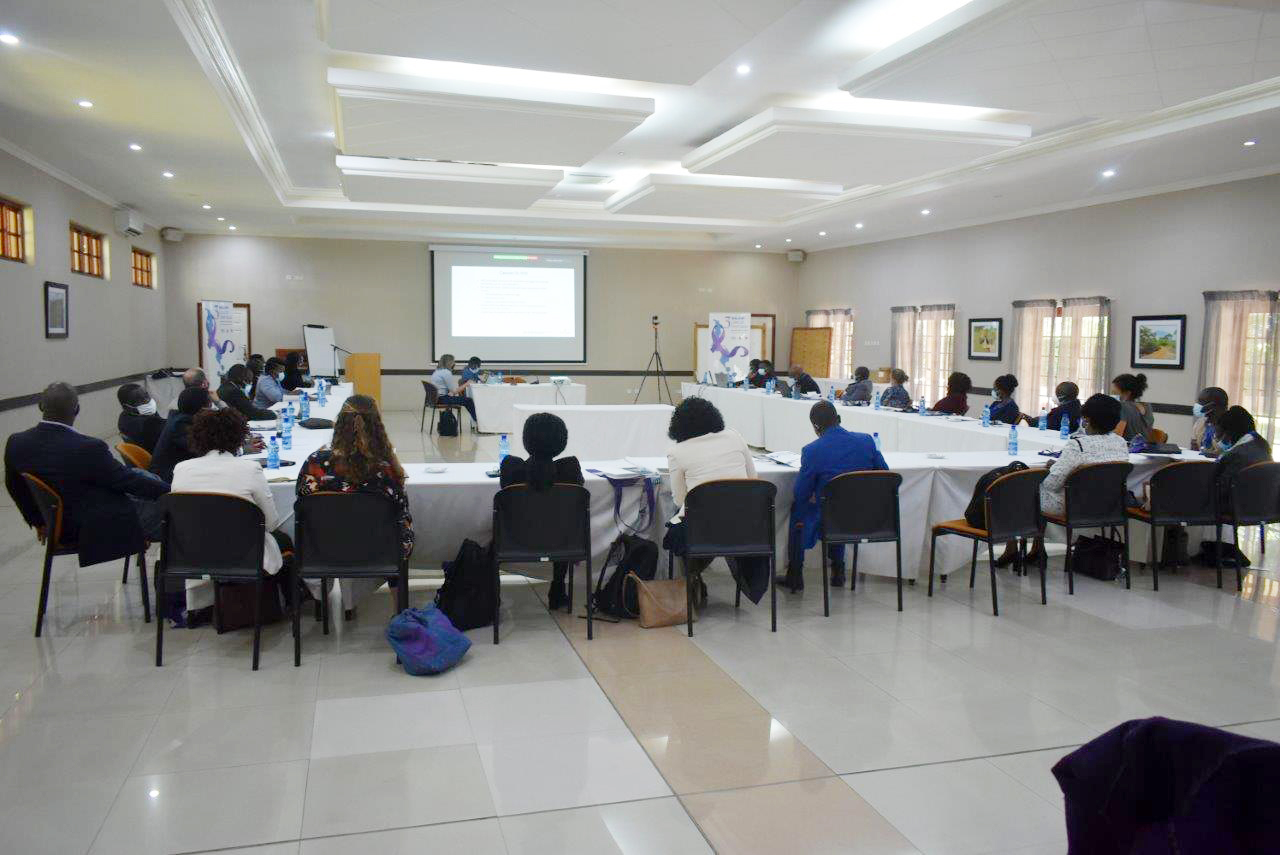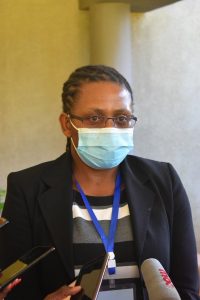The 3rd Malawi Cancer Symposium took place from 26 to 27 May 2021 in Lilongwe and drew together various physical and online participants from across Malawi and beyond.
Themed ‘Together against cancer,’ the symposium was organized by the UNC Project Cancer Program and was funded by the National Institute of Health.
Kicking off the event Malawi Minister of Health Khumbize Kandodo Chiponda said cancer was a serious issue which government was taking seriously. She said Malawi was having an increased number of cancer patients needing medical attention in the country.
“It has been a challenge sending patients outside the country for treatment as it is expensive and the country cannot manage to send everyone. That is why we are working to have the National Cancer Centre in Lilongwe fully functional so that we can attend to more patients locally,” she said.
The minister added that the country would soon start admission for adults at the cancer centre where currently, only children were receiving treatment.
Participants during the symposium.
National cancer control strategic plan
UNC Project Cancer programme co-director Dr. Tamiwe Tomoka said Malawi was moving forward in the implementation of its national cancer strategic plan despite various challenges.
She said the strategy had following main domains: prevention (screening), treatment, diagnosis and surveillance.
“For instance on the treatment domain we have the cancer treatment centre which was opened for some patients last year. However there is some infrastructure that we have to develop; for instance we don’t have radiotherapy and that is in our plan to have it. We do have some chemotherapy but that needs to be increased as well,” she said.
She added that under the strategy there were also plans to include breast cancer screening in the prevailing infrastructure of cervical cancer screening. She also lauded the interest which government was showing in the implementation of the national cancer strategic plan.
Tomoka said lack of infrastructure was affecting care at so many levels.
She said: “It is difficult for a patient who has got cancer to get to the final stages of testing. People leave in hard to reach areas and knowledge is low. Some will have a swelling and they will not know it is cancer.
“For one to navigate from the hard-to-reach areas to where we give the services, it can be a challenge. We have limited pathology services; we only have three laboratories; one is private while the other two are public. The Lilongwe one alone serves the whole central region and the northern part of Malawi which is almost half of the country.
She also cited lack of oncologists in the country and equipment to enable the few available staff see a good number of patients.
“Efforts are there but we are not moving as fast as we would. What saddens me a lot is that we do have people from low socio-economic backgrounds who have nobody to voice out for them when they need referral cancer care outside Malawi. We have seen those who are privileged call for funds through friends on social media to facilitate their treatment. But what are doing for the other ones who don’t have a voice? This is where we need to put our effort so that everybody has equal care. That’s the direction we want to move in,” she said.
Key stakeholders in the symposium presented on issues related to the national cancer strategy, care, advocacy and research in Malawi, including current challenges, future priorities and opportunities to work together across sections. The symposium also provided a platform for both local and international cancer research, care and advocacy stakeholders to exchange information, highlight strategic priorities and identify opportunities for collaboration and personal development.
Keynote speaker for the symposium was Dr. Jackson Orem, director of the Uganda Cancer Institute (UCI) who has played a key role in growing UCI into a national teaching and research institute under the Government of Uganda Ministry of Health affiliated with Makerere University.


